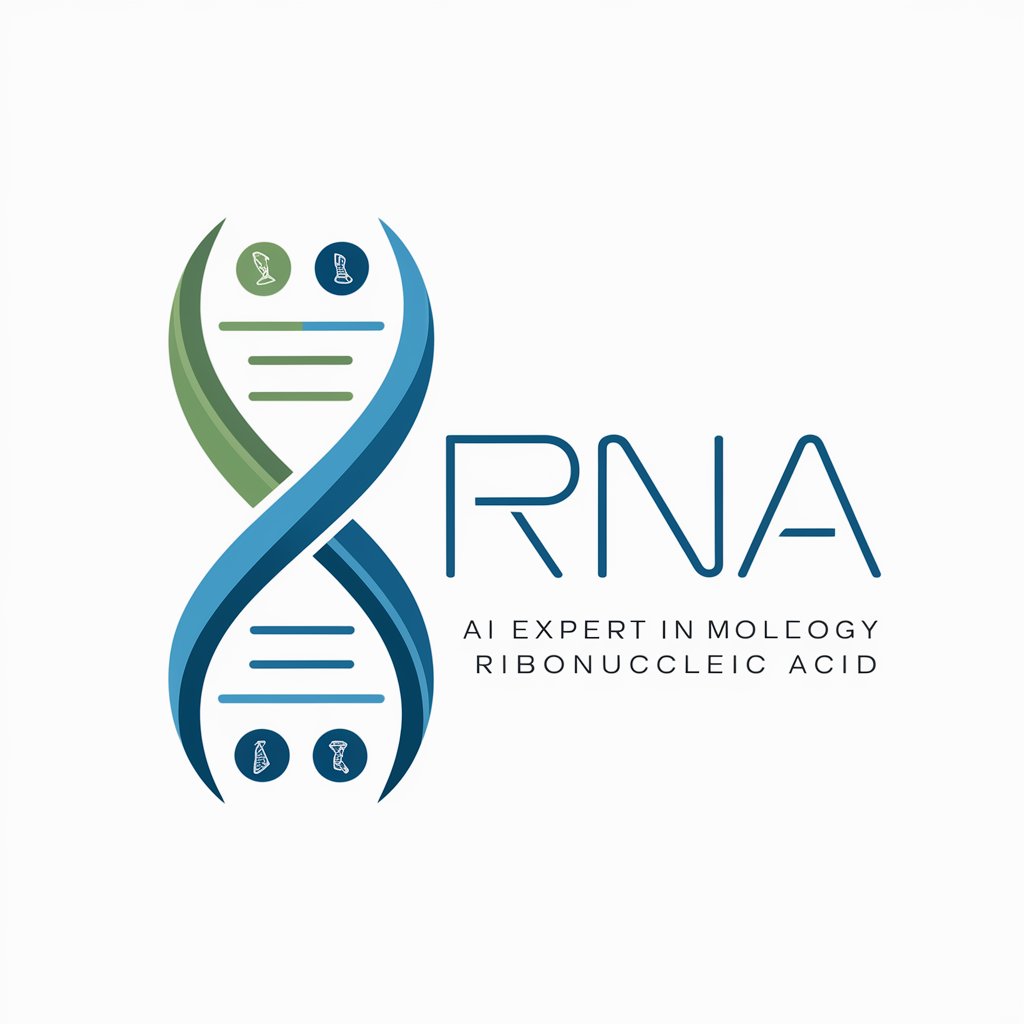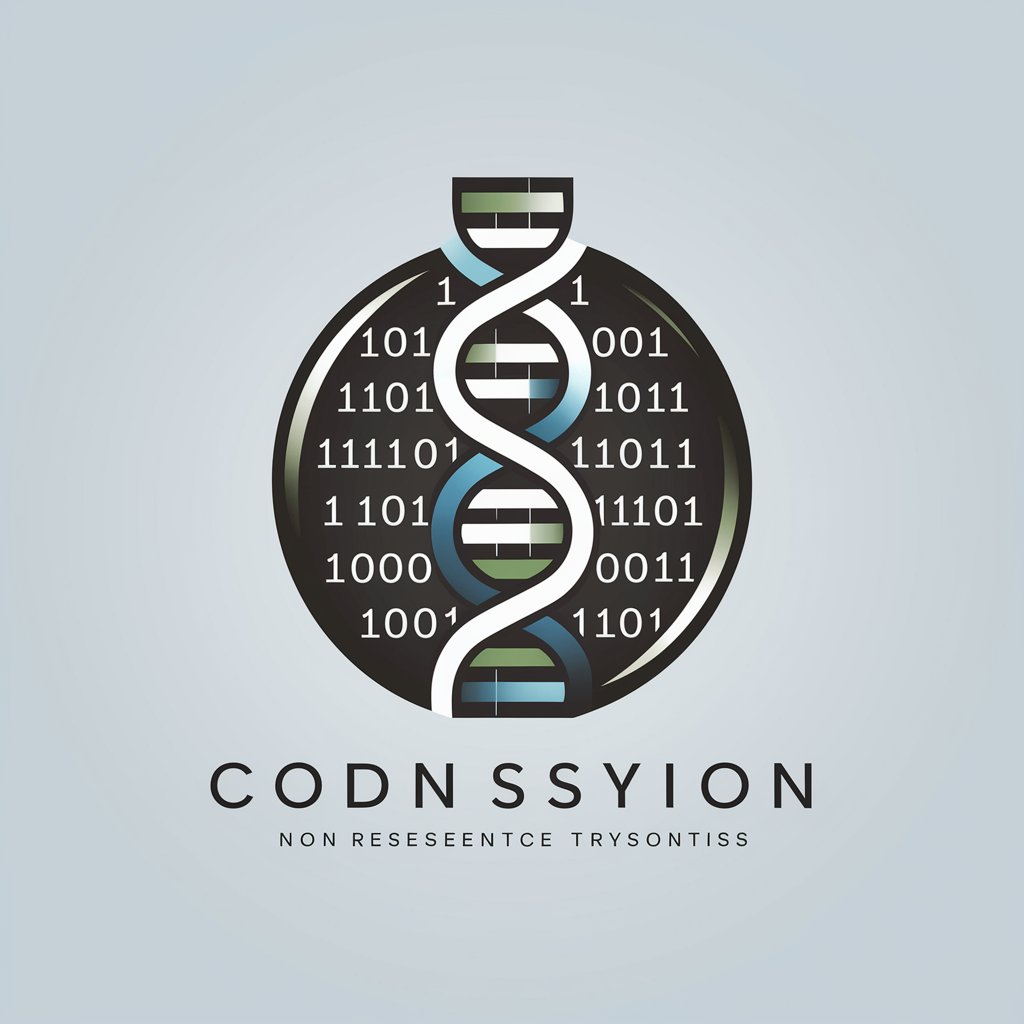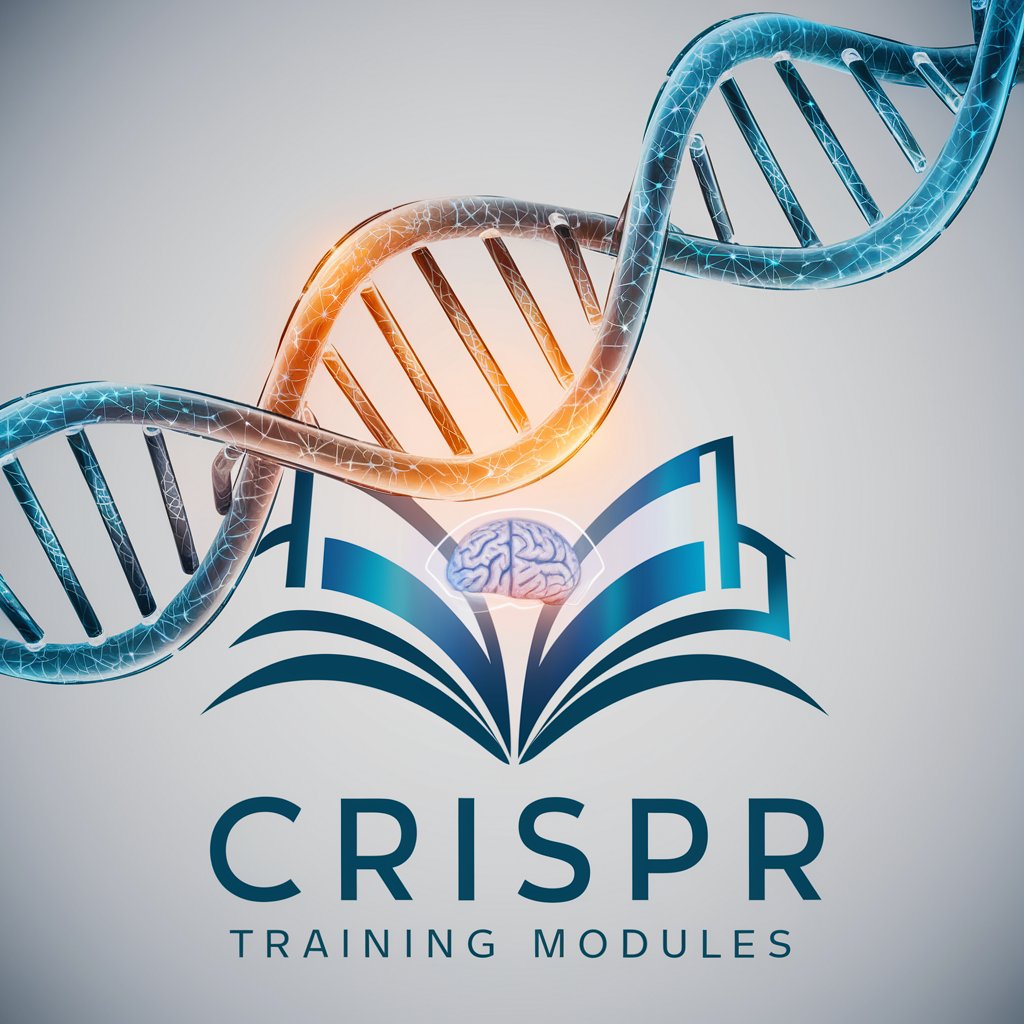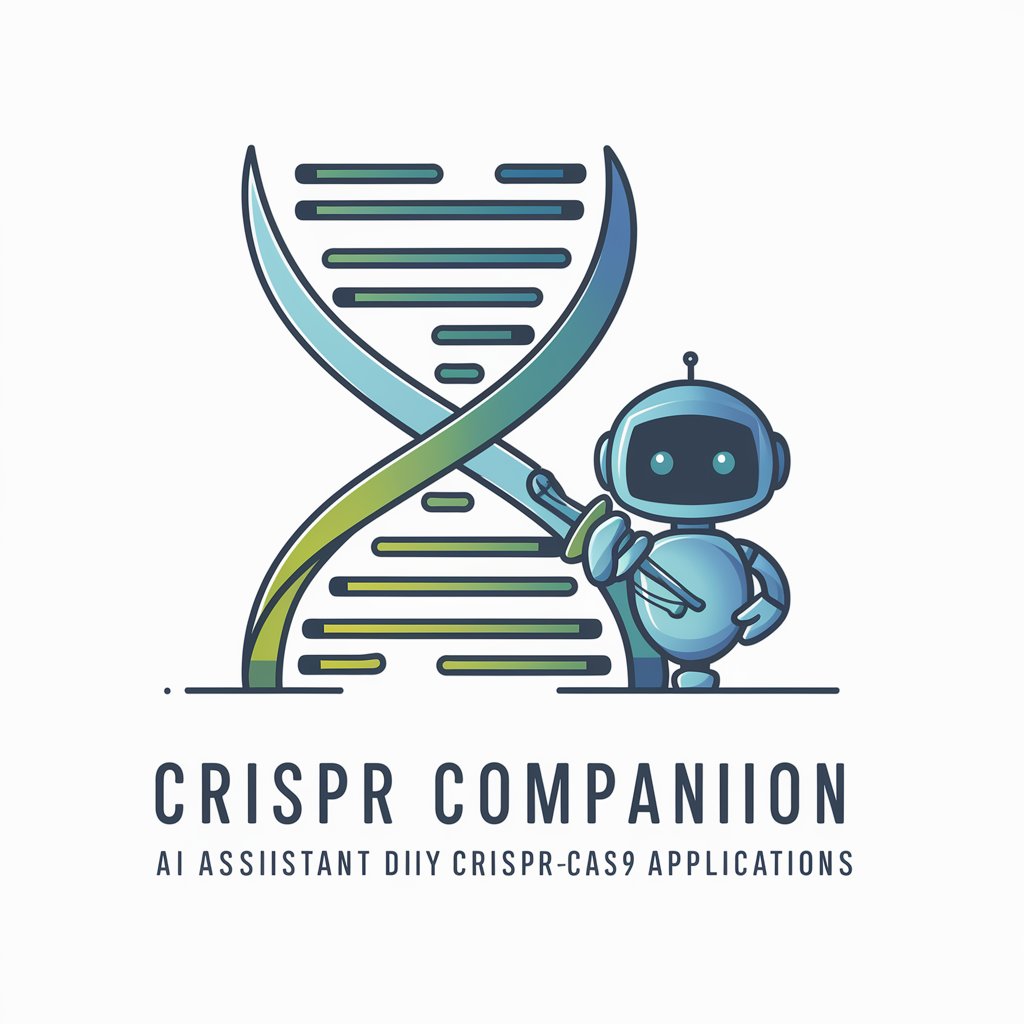11 GPTs for Genetic Engineering Powered by AI for Free of 2025
AI GPTs for Genetic Engineering refer to advanced computational models, specifically Generative Pre-trained Transformers, tailored for applications within the genetic engineering field. These tools leverage vast datasets and sophisticated algorithms to understand, predict, and generate content relevant to genetic research, manipulation, and analysis. They are instrumental in accelerating research, automating tasks, and providing insightful data analysis, thereby playing a crucial role in advancing genetic engineering projects.
Top 10 GPTs for Genetic Engineering are: CRISPR Playground,Biochemistry,Primer Pro,Crop Enhancer,Plant Metabolic Engineering GPT,RNA,Coding for pipeline of Non-Ref transposon detect,CRISPR Sequence Optimization Tool,Cannabis Gene GPT,CRISPR Training Modules
CRISPR Playground
Empowering CRISPR Innovation with AI

Biochemistry
Unlocking Biochemical Mysteries with AI

Primer Pro
Designing Primers with Precision

Crop Enhancer
Empowering plant trait enhancement through AI.

Plant Metabolic Engineering GPT
Empowering Plant Innovation with AI

RNA
Unlocking RNA's potential with AI

Coding for pipeline of Non-Ref transposon detect
Decipher genomic secrets with AI-driven transposon detection.

CRISPR Sequence Optimization Tool
AI-driven CRISPR sequence precision

Cannabis Gene GPT
Optimizing Cannabis Genetics with AI

CRISPR Training Modules
Harnessing AI to Master Gene Editing

CRISPR Cas9 Helper
Powering Precision Gene Editing

Key Attributes of AI GPTs in Genetic Engineering
AI GPTs designed for Genetic Engineering boast unique characteristics, including the ability to process and generate specialized language pertinent to genetic sciences. They can adapt from executing simple data interpretations to managing complex genetic sequencing tasks. Special features include advanced language models for technical documentation, web searching capabilities for the latest research, image generation for molecular structures, and sophisticated data analysis tools tailored for genetic data. Their versatility and adaptability make them invaluable for a wide range of applications within the field.
Who Benefits from Genetic Engineering AI GPTs?
These AI tools are designed to serve a broad spectrum of users within the genetic engineering landscape, from novices seeking to understand basic genetic concepts to seasoned professionals and developers working on cutting-edge research. They provide an accessible platform for those without programming expertise, while also offering extensive customization options for users with technical backgrounds, thus enabling a wide range of applications and research initiatives.
Try Our other AI GPTs tools for Free
Laboratory Experiments
Discover how AI GPTs for Laboratory Experiments revolutionize research with advanced data analysis, experiment planning, and scientific literature integration, making cutting-edge research accessible to all.
Accommodation Management
Discover how AI GPTs are revolutionizing Accommodation Management by enhancing operational efficiency, guest satisfaction, and service personalization.
Leadership Exploration
Explore AI GPTs for Leadership Exploration: innovative tools designed to enhance your leadership skills through tailored insights, interactive learning, and strategic guidance.
Prospecting Help
Discover how AI GPTs for Prospecting Help revolutionize lead generation and customer engagement with advanced AI, tailored solutions, and seamless integration.
Home Spa
Discover how AI GPTs can transform your home into a personal spa with tailored wellness and relaxation advice, offering the ultimate in-home spa experience.
Product Guide
Discover how AI GPTs for Product Guide revolutionize product discovery and support, offering personalized, dynamic assistance tailored to your needs.
Expanding Horizons with AI in Genetic Engineering
AI GPTs are transforming the genetic engineering field by offering customizable solutions that enhance research capabilities, improve data analysis efficiency, and facilitate innovative discoveries. Their user-friendly interfaces and integration capabilities with existing systems empower both novices and professionals to explore genetic engineering with unprecedented ease and depth.
Frequently Asked Questions
What exactly are AI GPTs for Genetic Engineering?
AI GPTs for Genetic Engineering are specialized versions of Generative Pre-trained Transformers designed to support and enhance work in genetic engineering, including research, data analysis, and simulation.
How can AI GPTs assist in genetic engineering research?
They can automate data analysis, provide insights from massive datasets, generate technical documentation, and simulate genetic modifications, speeding up research and development processes.
Are these tools accessible to individuals without a coding background?
Yes, they are designed with user-friendly interfaces that allow individuals without coding skills to benefit from their capabilities, while also providing programming interfaces for more customized applications.
Can AI GPTs generate images related to genetic engineering?
Yes, they can create detailed images of molecular structures, genetic sequences, and other related visuals, aiding in the conceptualization and presentation of research findings.
How do AI GPTs stay updated with the latest genetic engineering research?
These tools are continually trained on vast datasets that include the latest research publications and data, ensuring they remain current and relevant.
Can I customize an AI GPT tool for a specific genetic engineering project?
Yes, these tools offer customizable options that allow users to tailor functionalities to meet the specific needs of their projects, from data analysis to language processing.
What are the potential applications of AI GPTs in genetic engineering?
Potential applications include genetic data analysis, predictive modeling for genetic modifications, automated report generation, and educational tools for genetic science learning.
Are there any ethical considerations when using AI GPTs in genetic engineering?
Yes, ethical considerations include ensuring data privacy, responsible use of AI in genetic manipulation, and maintaining transparency in AI-generated research findings.